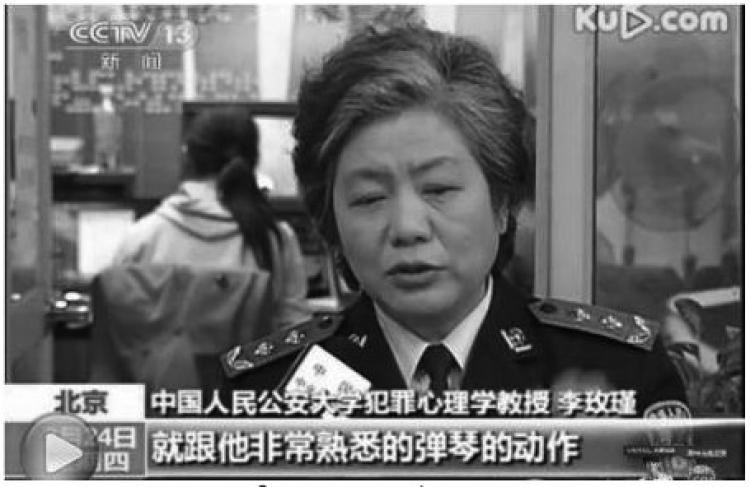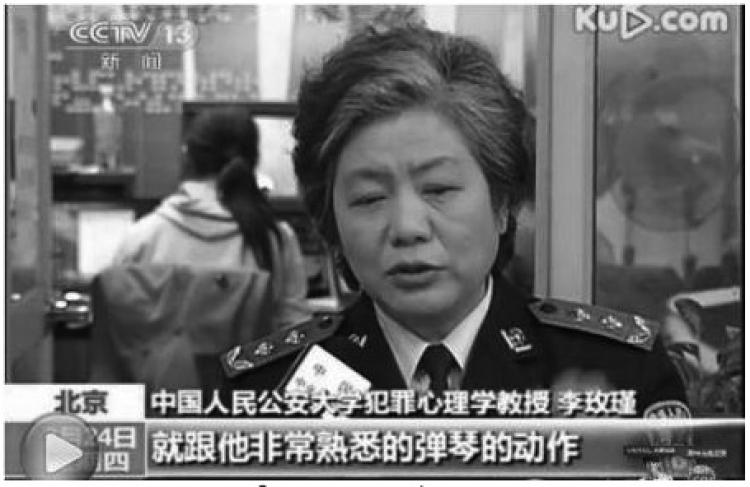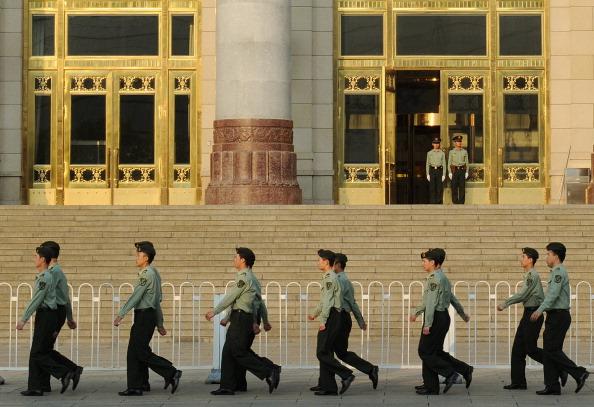A Traffic Accident, Turned Murder, Turned Social Critique
The lurid story of how a peasant girl named Zhang Miao was stabbed eight times to death by well-to-do college junior Yao Jiaxin last year, after he struck her with his car, has turned into a wide-ranging social debate about the “rich second generation.”
|Updated:




